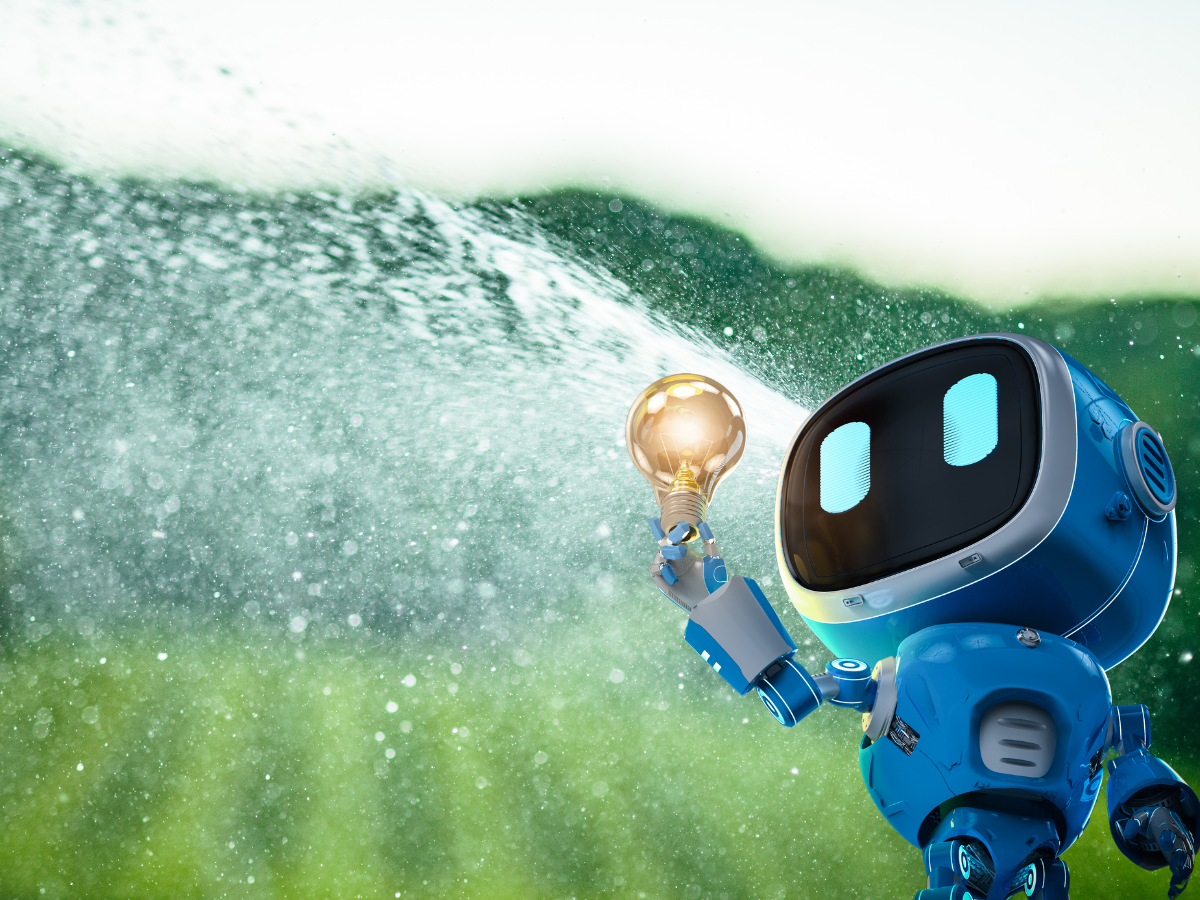Smart Irrigation Systems: Saving Water and Boosting Yields

Water management is a critical aspect of modern agriculture. As climate change intensifies and water resources become increasingly scarce, efficient irrigation practices are essential for sustainable farming. Smart irrigation systems are emerging as a game-changer, offering precise water management that conserves water, reduces costs, and boosts crop yields. This blog explores the various types of smart irrigation systems, their benefits, challenges, and their growing adoption in the UK.
The Need for Smart Irrigation
Traditional irrigation methods often result in overwatering or underwatering, leading to water waste, increased costs, and reduced crop productivity. Smart irrigation systems leverage technology to deliver the right amount of water at the right time, ensuring optimal soil moisture levels and promoting healthy plant growth. This precision approach is crucial for addressing the challenges posed by water scarcity and climate variability.
Types of Smart Irrigation Systems
Soil Moisture Sensors
Soil moisture sensors measure the water content in the soil and provide real-time data to farmers. These sensors can be integrated with irrigation controllers to automate watering schedules based on actual soil moisture levels, preventing over- or under-irrigation.
Weather-Based Controllers
Weather-based controllers use local weather data to adjust irrigation schedules. By considering factors such as rainfall, temperature, and humidity, these controllers ensure that crops receive adequate water without wasting resources. This approach helps in maintaining optimal soil moisture levels throughout the growing season.
Drip Irrigation Systems
Drip irrigation delivers water directly to the plant roots through a network of tubes and emitters. This method reduces water loss due to evaporation and runoff, making it highly efficient. When combined with smart controllers and sensors, drip irrigation systems can be further optimized for water use efficiency.
Automated Sprinkler Systems
Automated sprinkler systems equipped with smart controllers and sensors can adjust watering schedules and patterns based on real-time data. These systems ensure uniform water distribution and can be programmed to water specific zones based on crop needs.
Remote Monitoring and Control
Remote monitoring systems allow farmers to track soil moisture levels, weather conditions, and irrigation performance from anywhere using smartphones or computers. These systems provide alerts and recommendations, enabling farmers to make informed decisions and manage irrigation more effectively.
Benefits of Smart Irrigation Systems
Water Conservation
Smart irrigation systems significantly reduce water usage by delivering precise amounts of water based on actual crop needs. This conservation is vital in regions facing water scarcity and helps in maintaining sustainable water resources.
Increased Crop Yields
By ensuring that crops receive optimal water levels, smart irrigation systems promote healthy growth and increase yields. Proper irrigation also reduces the risk of diseases caused by overwatering, leading to better crop quality.
Cost Savings
Efficient water use leads to lower water bills and reduced energy costs associated with pumping and distributing water. Additionally, smart irrigation minimizes the need for manual labor, further reducing operational costs.
Environmental Benefits
Smart irrigation reduces the environmental impact of farming by minimizing water waste, preventing runoff, and reducing soil erosion. This sustainable approach contributes to healthier ecosystems and promotes biodiversity.
Data-Driven Decision Making
The data collected by smart irrigation systems provides valuable insights into soil health, weather patterns, and crop performance. Farmers can use this information to make informed decisions about irrigation, fertilization, and other management practices.
Challenges and Solutions
The installation and setup of smart irrigation systems can be expensive. However, the long-term savings in water and energy costs, along with increased crop yields, often offset the initial investment. Financial assistance from government programs and subsidies can also help farmers adopt these technologies.
Smart irrigation systems require technical knowledge for installation, calibration, and maintenance. Training programs and support from technology providers can help farmers overcome this challenge and effectively use these systems.
Remote monitoring and control systems rely on stable internet connectivity. In rural areas with limited connectivity, this can be a challenge. Solutions include using offline data collection tools and improving rural internet infrastructure.
Integrating smart irrigation systems with existing farm management practices can be complex. Collaborative efforts between technology providers and farmers are essential to ensure seamless integration and maximize the benefits of smart irrigation.
Future Prospects
The future of smart irrigation systems in the UK looks promising, with ongoing advancements in technology and increasing awareness of water conservation. Innovations such as AI-driven irrigation controllers, improved sensor accuracy, and integration with other smart farming technologies will further enhance the efficiency and effectiveness of smart irrigation systems. Continued investment in research and development, along with supportive policies and incentives, will drive the adoption of these technologies and promote sustainable farming practices.
Smart irrigation systems offer a powerful solution to the challenges of water management in agriculture. By delivering precise amounts of water based on real-time data, these systems conserve water, reduce costs, and boost crop yields. The adoption of smart irrigation technologies in the UK is gaining momentum, driven by the need for sustainable farming practices and efficient resource use. Despite challenges such as high initial costs and technical complexity, the long-term benefits of smart irrigation systems make them a valuable investment for farmers. As technology continues to evolve, smart irrigation will play an increasingly vital role in shaping the future of agriculture, ensuring a sustainable and resilient food system.






